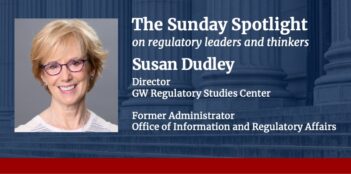
NY department advocates ending gubernatorial moratorium on fracking.
New York’s Department of Environmental Conservation (DEC) recently issued a Supplemental Generic Environmental Impact Statement (SGEIS) that recommends lifting a statewide temporary moratorium on natural gas hydraulic fracturing, or “fracking.” The SGEIS updates a 2009 environmental impact statement and is based on research by independent consultants, 13,000 public comments, and a study of regulations and accidents in Pennsylvania and other states. A 60-day public comment period on the SGEIS begins in August.
Fracking is a natural gas recovery method where large amounts of water, sand, and chemicals are injected into the ground to stimulate the release of natural gas. Concerns exist over groundwater contamination from carcinogenic chemicals contained in fracking fluids as well as methane released in the fracking process.
Although the SGEIS recommends lifting the ban, it only recommends fracking be allowed on approximately 85% of New York’s Marcellus Shale. It still recommends banning natural gas drilling on all public lands and prohibiting fracking on private lands in the New York City and Syracuse watersheds.
The DEC also advocates subjecting fracking to a variety of precautionary procedures, such as requiring three layers of casings in each well and prohibiting fracking within 2,000 feet of a public drinking water supply until the environmental effects of fracking can be studied further. Fracking companies would also be obligated to disclose a list of the chemicals in their fracking liquids to the DEC and the public.
The DEC’s report has elicited a variety of reactions. Business groups, the state senate, and other New York government leaders, such as NYC Mayor Michael Bloomberg, praised the report for boosting the state’s economy while protecting its supply of drinking water. The reaction from environmental organizations has been more mixed. Some environmentalists have acknowledged that the report provided at least some necessary safeguards, while others continue to contend that only a permanent ban on fracking can sufficiently protect human health.



